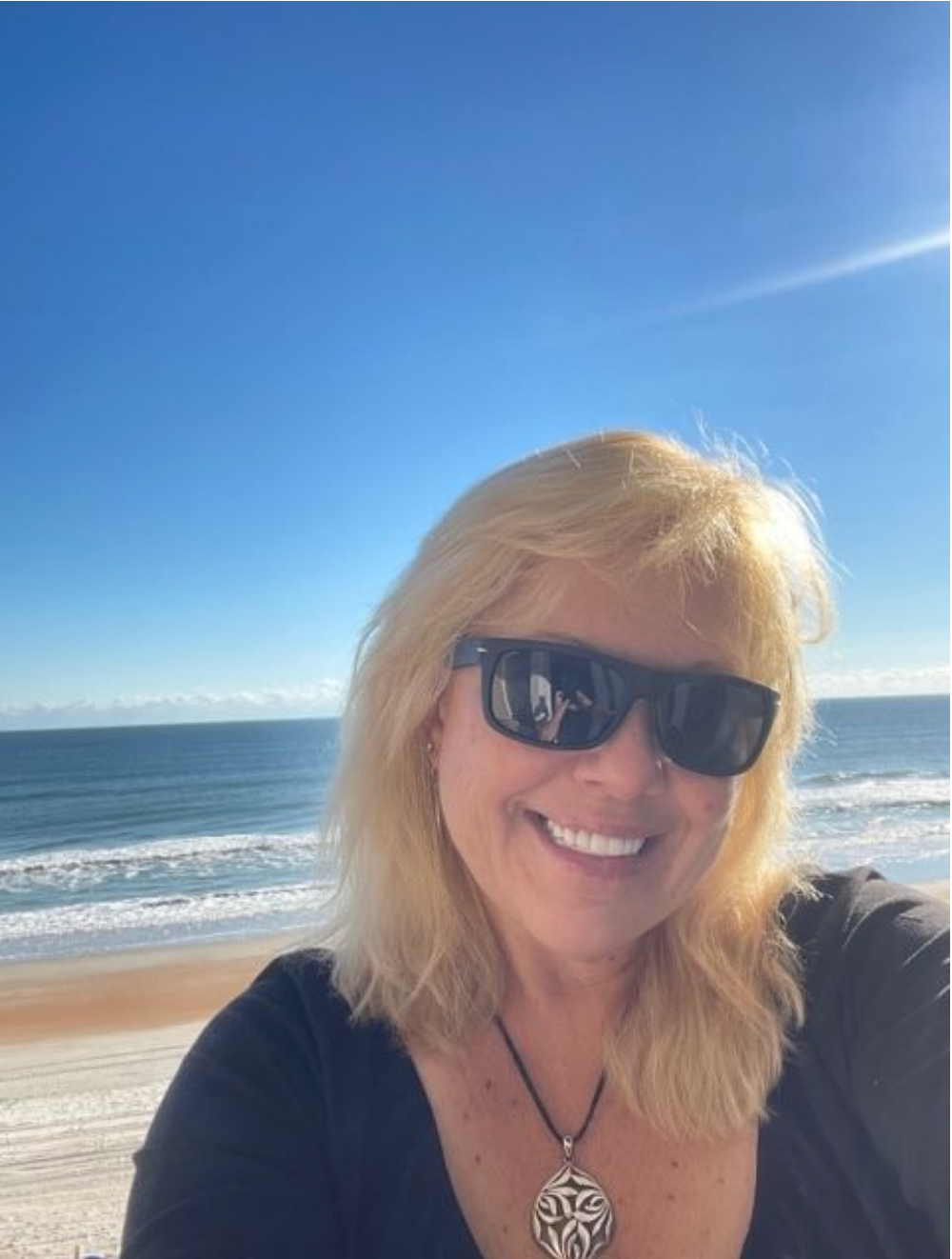A month ago, folding tables, plexiglass screens, and testing vials filled Beckham Hall in Fayerweather. Before the University’s mandatory COVID-19 testing ended in March, health care staff administered 280,000 PCR tests to the University community. Much of this effort was thanks to Christine Daniels, who is Executive Assistant to the Senior Vice President & Chief Administrative Officer and Treasurer Andy Tanaka and also coordinated the University’s COVID-19 testing operations.

“Every night, I’d get the tests together, have to check over the tests and make sure they were in the right way, and check the samples, make sure they were good samples, and then box it all up and drop it off at [the Office of Public Safety],” Daniels said. “I would do that in addition to my regular job.”
When I tested positive for the omicron variant, I met Daniels, who administers rapid tests, and wanted to learn more about her experience working at the testing site. As we talked, it became clear that the testing operation would not have worked without her. Sitting together in an empty Beckham Hall, we talked about the last two years of testing at the University and what it’s like for it to come to an end.
The Argus: Can you tell me a bit more about how you got involved with the testing site?
Christine Daniels: When we first started doing COVID, they asked for [volunteers from the] Community Emergency Response Team (CERT). In CERT, you’re trained in first aid, search, and rescue, basically anything you would need to handle any sort of emergency.
I started volunteering [at Wesleyan’s testing tent]. When I do something, I commit myself completely. And I ended up being pretty good at it, so then I became the person who closed down the tent every night. I did that for the first six months of us being out there. I was working from home and then coming here every day. The next year they asked if I would do it again. We didn’t think we’d still be doing it in 2021, so all last year I’d come in about 3 p.m. every day, and some days I was here until 7 p.m., some days I was here until 10 p.m., depending on issues that arose.
A: How was it in the beginning of all this, pre-vaccines?
CD: In our household, a lot of us were on the front lines. But it was scary, I still have moments where I take a rapid test and wonder if I have COVID. I have always worn two masks and I won’t stop. Knock on wood, I’ve never had COVID.
A: Wow. That’s amazing.
CD: Yeah. Because every night I was touching tests. I was dealing directly with kids every single day—I’ve probably done 1200 rapid tests. At one point, I was testing kids where I would have like 20, 30 positives a day. Now, we usually only have two or three a day. But we still have them.
A: How did you get through doing that?
CD: I remember at the beginning, I would wait and pray for the PCR results to come through and I’d look for the email. At home we were just really careful. We’d go home and change out of our clothes right away, and take a shower right away. I didn’t want my kids to get it, so I was always very careful around them.
A: Do you have a mantra?
CD: What doesn’t kill you makes you stronger. I think because I was a single mom for so long and raised two boys, and I was going to college at the same time and working full time and coaching their teams…I think that’s why I like doing this type of thing [COVID operations].
A: How are you feeling now with the site closing?
CD: It’s bittersweet. I’m excited because hopefully this is a new chapter. The mother in me is kind of worried about all of you guys. And, kind of like a mom, sometimes I feel like I’m lecturing my kids, you know? But I think the students are usually receptive to it because they need that kind of loving person to help them through it. It’s scary when you test positive. I see [students’] eyes tearing up. We all are very cautious and that’s why operations are ending here, but we still have the health center [for testing].
A: Is it going to be weird going back to your other job full time?
CD: Yes, it will be very strange. I think that what I’ll miss the most is the interaction with the students, and making sure everyone is okay.
A: And we’ll miss you! It means a lot to students because we’re away from home, we’re in a pandemic, and when we get COVID, it’s terrifying.
CD: Shannon, who is my lead person from the Nurse Network, we both have kids, and we used to joke that we should set up a tent with chicken noodle soup and hugs from mom, you know? Every time someone [tests positive] it breaks my heart a little bit. I look at you guys and I try to treat you the way I would want someone to treat my child if they were at college.
Halle Newman can be reached at hnewman@wesleyan.edu.
Make sure you thank Christine if you see her around!!



Leave a Reply